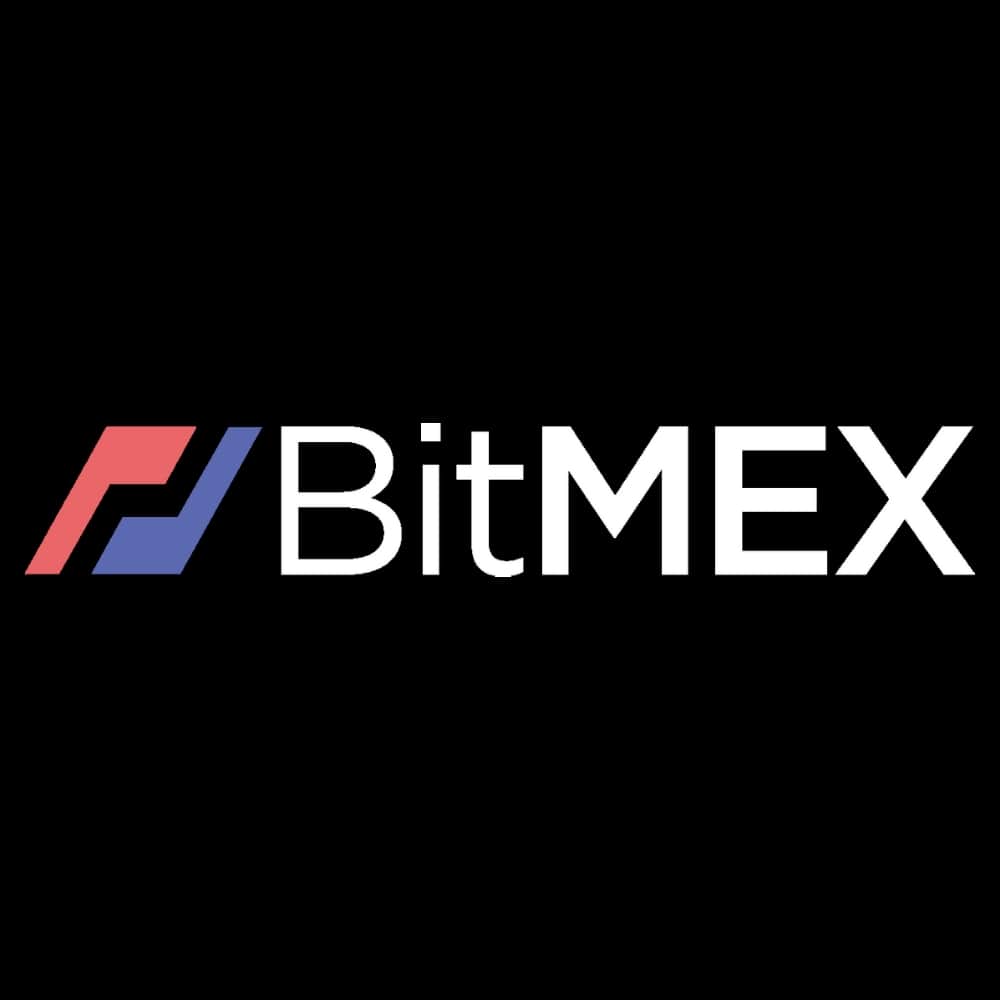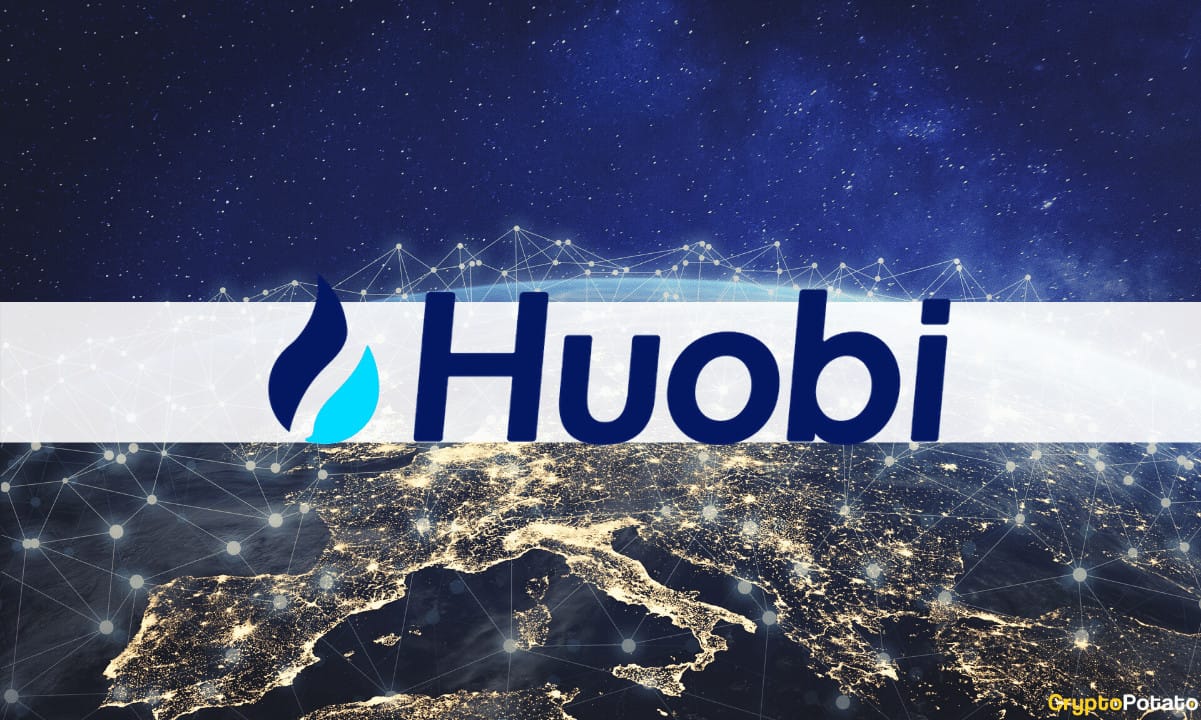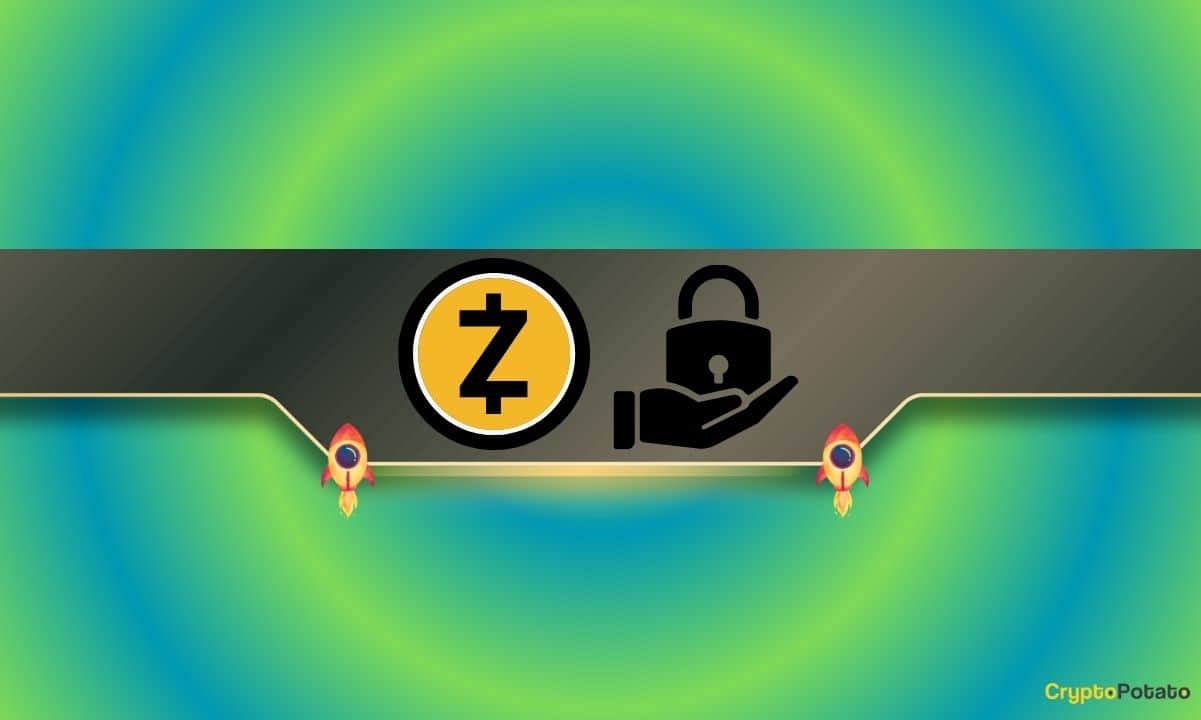Hedera Governing Council Will Purchase Hashgraph IP While Commiting To Open-Source Code
Hedera – a distributed public ledger for Web 3 dapps – recently voted to buy the intellectual property rights for the hashgraph consensus algorithm from Swirlds, Inc., one of the Hedera Governing Council’s founding members. Furthermore, the project will be shifting to an open-source code model this year.
Hedera’s Decentralization Plans
According to a press release shared with CryptoPotato on Wednesday, the transition to open-source will take place under the Apache 2.0 license. Up until now, Hedera has used an “open review” method, meaning that code was viewable for public scrutiny, but not editable.
Furthermore, Hedera plans to dissolve its C-suite roles in order to transfer more power to the Hedera Governing Council. Doctors Leemon Baird and Mance Harmon – respectively CTO and CEO of Hedera – will now transition to equivalent positions at Swirlds, Inc. Hedera states this is part of its mission to remove all centralized staff structure from the project.
To that end, the organization will also roll out community staking nodes this year.
“The vision has always been for Hedera to be a council-member driven organization, enabling the most decentralized governance and therefore broadest-reaching public network on the market,” Scott Thiel, Partner at DLA Piper, a Governing Council member.
Thiel explained that now is a better time than ever to encourage the rapid adoption of Hedera, given the “growing public demand” for distributed ledger technologies.
Hedera’s governing council is currently made up of 25 corporations, up from only 5 when the project launched. Members include IBM, Chainlink, Google, and Deutsche Telekom.
What is Hashgraph?
Hedera’s hashgraph is designed to be a scalable, energy-efficient distributed ledger solution for Web 3 dapps. This is a divergent approach from typical blockchain projects, similar to how IOTA uses a unique data structure called “The Tangle”.
Unlike blockchains, Hedera hashgraph does not discard any container of transactions, thus making it more efficient. It also does not require the energy-intensive proof-of-work mining that Bitcoin does to secure the network.
Hedera has purchased the hashgraph IP in confidence that a network split will not occur within its ecosystem. Therefore, releasing the patent upholding its exclusivity to the public will best serve as a mechanism to spur internal growth, rather than give market competitors any new advantages.









